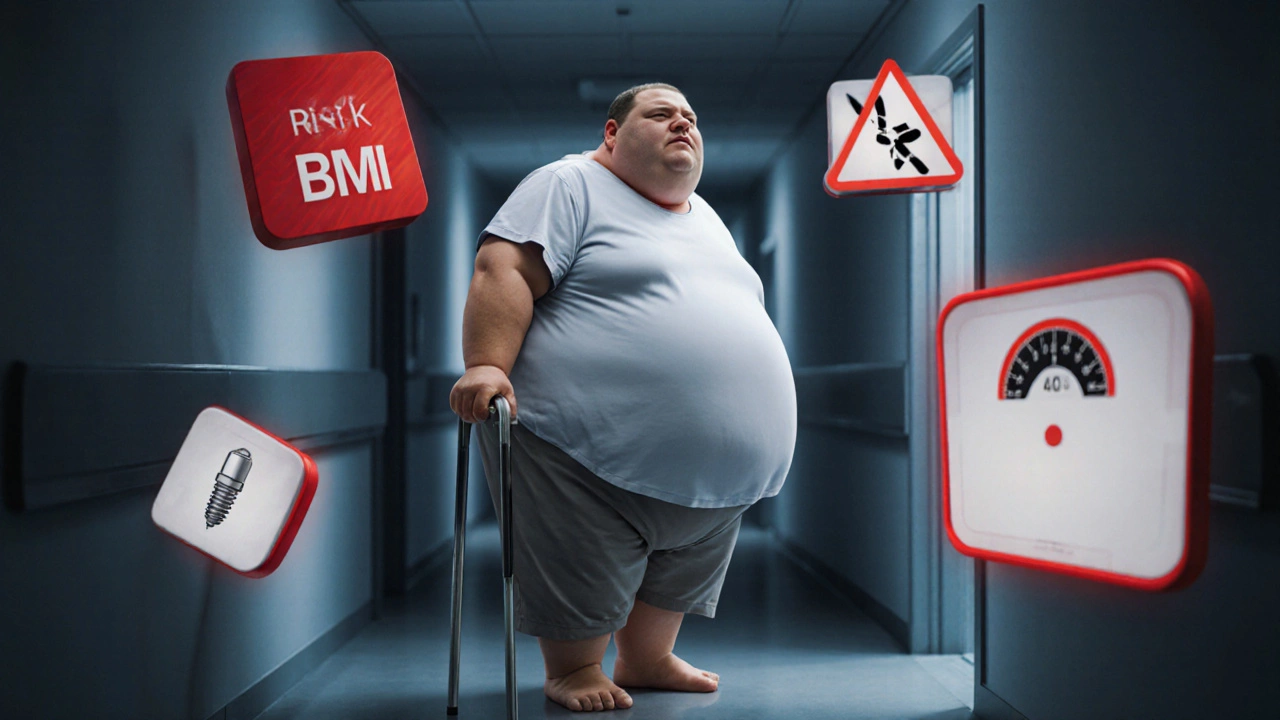Knee Surgery Risks: What You Need to Know Before Going Under the Knife
When you hear knee surgery, a common procedure to fix damaged joints, often involving replacement or repair of the knee. Also known as knee replacement, it's one of the most performed orthopedic surgeries in India, with over 100,000 cases yearly. But while it helps millions walk pain-free, it’s not risk-free. Many assume it’s a simple fix, but complications can happen—even in the best hospitals.
Surgery complications, unexpected problems during or after the operation like infection, blood clots, or nerve damage, occur in about 1-2% of cases. For older patients or those with diabetes or obesity, the risk goes up. Implant failure, where the new knee joint loosens or wears out too soon, is another concern—especially if you’re active or under 60. Studies show about 1 in 10 knee replacements need revision surgery within 15 years. Recovery timelines vary wildly too. Some bounce back in weeks; others struggle with stiffness or pain for months. And let’s not forget the hidden cost: physical therapy, missed work, and lifestyle changes that aren’t always discussed before signing the consent form.
What makes knee surgery riskier isn’t just the procedure—it’s what comes after. Your age, weight, pre-existing conditions, and even your mental readiness play a bigger role than most doctors admit. If you’re overweight, the stress on the new joint increases. If you’re depressed or anxious, recovery slows. And if you skip rehab? You’re more likely to end up with limited mobility or chronic pain. The best outcomes come from people who treat recovery like a job—showing up for therapy, eating right, and staying patient.
That’s why the posts below don’t just list risks—they show you what doctors rarely say. From hidden truths about implant lifespan to how your body type affects healing, you’ll find real stories and facts that help you prepare, not panic. You’ll learn what signs to watch for after surgery, why some people heal faster than others, and how to avoid the most common mistakes. This isn’t about scaring you. It’s about giving you the full picture so you can walk into that hospital room with your eyes wide open—and come out stronger.





